David Oh says he is running for Philly mayor
Oh is the only Republican to announce a mayoral campaign against 10 Democrats.
It took almost an hour before David Oh officially uttered the words: “I’m running for mayor of Philadelphia,” and his announcement speech was 10 minutes long.
Surrounded by fervent minority communities spanning Asia to South America, Oh announced on Monday, Feb. 13, that he is joining the race for mayor and is the lone Republican on the ballot to enter so far.
Oh — now former City Councilmember at-Large who hinted at a resignation in mid-January — is stepping down from City Council after announcing an official mayoral campaign with the full backing of the Philly GOP and an array of community leaders who, for an hour, offered testimonies on his behalf.
As the first Asian American to hold a post in local city politics, Oh recalled wins and losses while vying for office, pointing to his past city council races and saying, “it’s time for me to end that process. I don't think that in one more additional term, I could do enough to justify running.”
He ran several unsuccessful campaigns for city council before turning into an incumbent in a room where just two seats are reserved for at-Large members from a minority party, making Republican bids a challenging undertaking.
“I do think it is the right time to do something different. And that is to take all the things I could not do on council and do that for the city as mayor,” said Oh, who emphasized investigations into the city’s pandemic funding and an overall “common sense” agenda.
In the face of a sporting loss, Oh said he also wouldn’t support a delayed school schedule, citing the current public education system in the city, which he characterized as “third world.”
But before the crowd could hear from the Republican incumbent, a long setlist of community leaders spoke about their interactions with his office, with some speakers delivering remarks in their native tongues.
“It’s time for our first Asian American mayor,” said Bishop Peter Hwang of the Council of Korean Churches in Greater Philadelphia, who, like many other speakers, said their endorsements were independently given.
A second speaker, Bishop Luke Zhoba, the Vicar of the Kyiv Diocese, hoped to galvanize the Ukrainian community. A theme that appealed to individual communities in Philly was a central strategy of Oh’s conference, and guest speakers often stressed how, historically, they aren’t sought out by politicians.
Many self-identifying Democrats were also in the room and “strongly urged” folks in the room, namely Democrats, “to vote Oh.”
In all, he is the eleventh challenger to emerge in the field, currently populated by 10 Democrats with wide-ranging views on policing, the city’s finances, and plans to jumpstart the small business community.
Oh, in a field belly-full of ideas and proposals, leaned on the endorsement of police unions.
Omari Bervine, a former police officer who serves as President of the Fraternal Order of Transit Police Union Local 109, said Oh has a “proven track record of supporting police.”
Like Bervine, there were similar testimonies from police officers who lambasted the “defund the police” movement that was spurred after George Floyd, a Black man, was murdered by police on camera, unleashing a wide call for deep reform.
Speakers also lauded Oh’s office of Constituent Services and characterized it as one of the more accessible offices in city council. Rob Jordan, the President of the Philadelphia Log Cabin Republicans, hailed Oh’s work with the “LGB community.”
Seemingly against all odds, Oh told Billy Penn the absence of a Republican at the helm was “no evidence” of the party’s inability to govern. During his announcement, he didn’t shy away from pressing on this point.
More specifically, Oh cited how the primary is the deciding factor in Philly elections, forcing candidates to chase after specific populations.
“I'm just saying that when we have 1.6 million people, and we have a process that is decided in a Democratic primary, where the candidates are primarily focused on those 300,000 voters that they believe will vote for them,” said Oh.
RELATED CONTENT
“And that's why it's called politics and smart politics, isn't it? Why waste your time with someone who can't vote?” questioned Oh.
In the 2019 primary, for example, there were over 800,000 registered voters, according to data from the Department of State. Mayor Jim Kenney won the primary vote with 133,966 votes and the general with 213,000 votes, roughly 30% of the vote.
While Oh performed a prelude of the kind of campaigning he’ll lead, it is yet to be seen how he’ll reach across the communities he said are historically abandoned during election season.
Backed by the party
Oh is noted as a party outsider. In 2015, he didn’t garner their endorsement and has been in scuffles with Republican-led institutions.
But the tone of Oh’s announcement struck a different key.
“The party has met, agreed, and is fully backing” Oh’s mayoral campaign, said Vince Fenerty, who serves as Chairman of the Republican Party in Philly.
Some history
Oh, now 62, served as Assistant District Attorney before joining the Army National Guard, where he served for four years before being honorably discharged.
He’s worked for former mayor Ed Rendell’s transition team and on former PA Governor Tom Ridge’s South Korea Trade mission before eventually beginning to launch his own political bids.
On city council, Oh has worked on various legislation — some including language access, tax credits to hire veterans, and exploratory committees for the city’s film and music scene, among many others.
He also voted against Mayor Kenney’s Soda Tax and, in the Summer of 2022, introduced a bill to repeal it, calling it “self-serving” and “vindictive.”



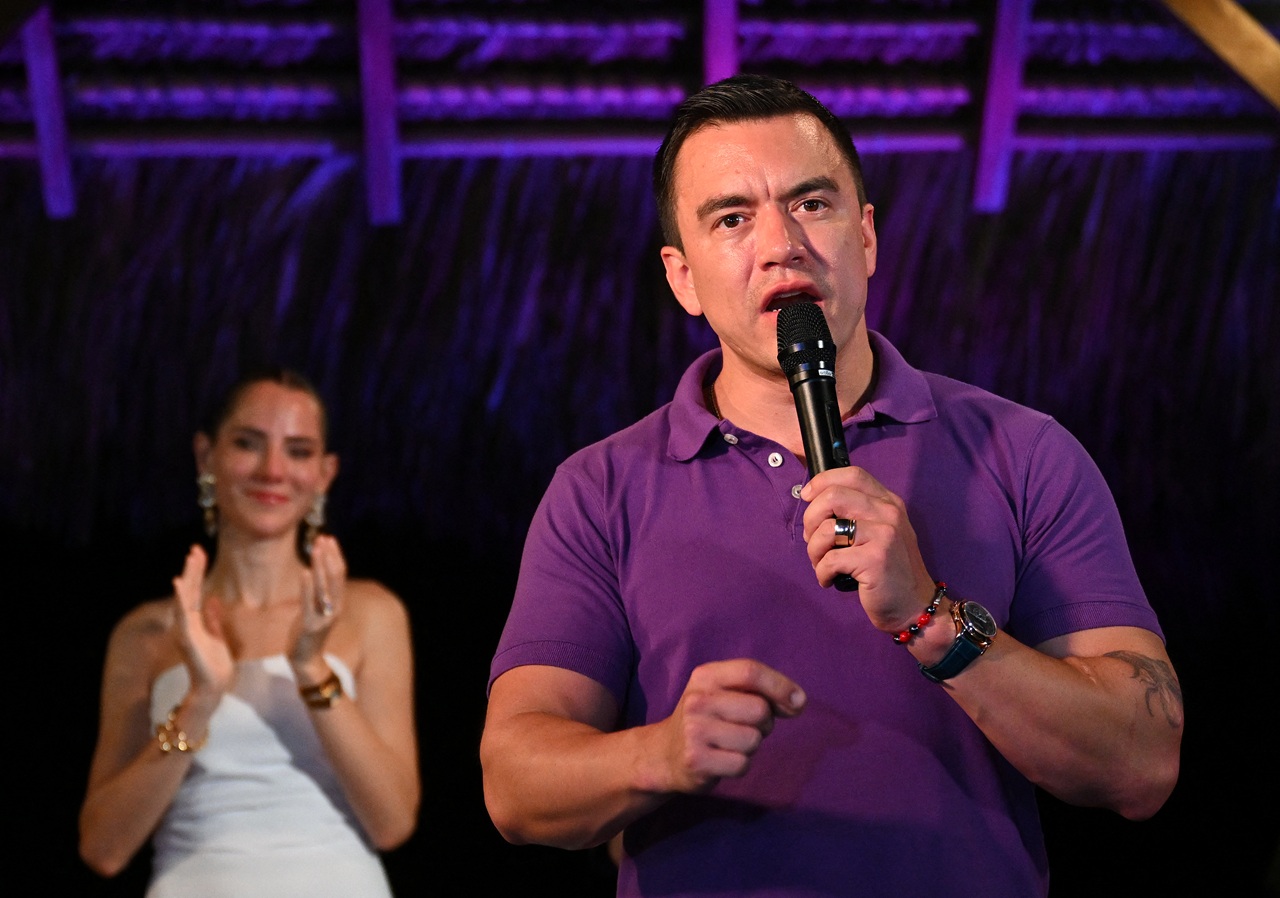
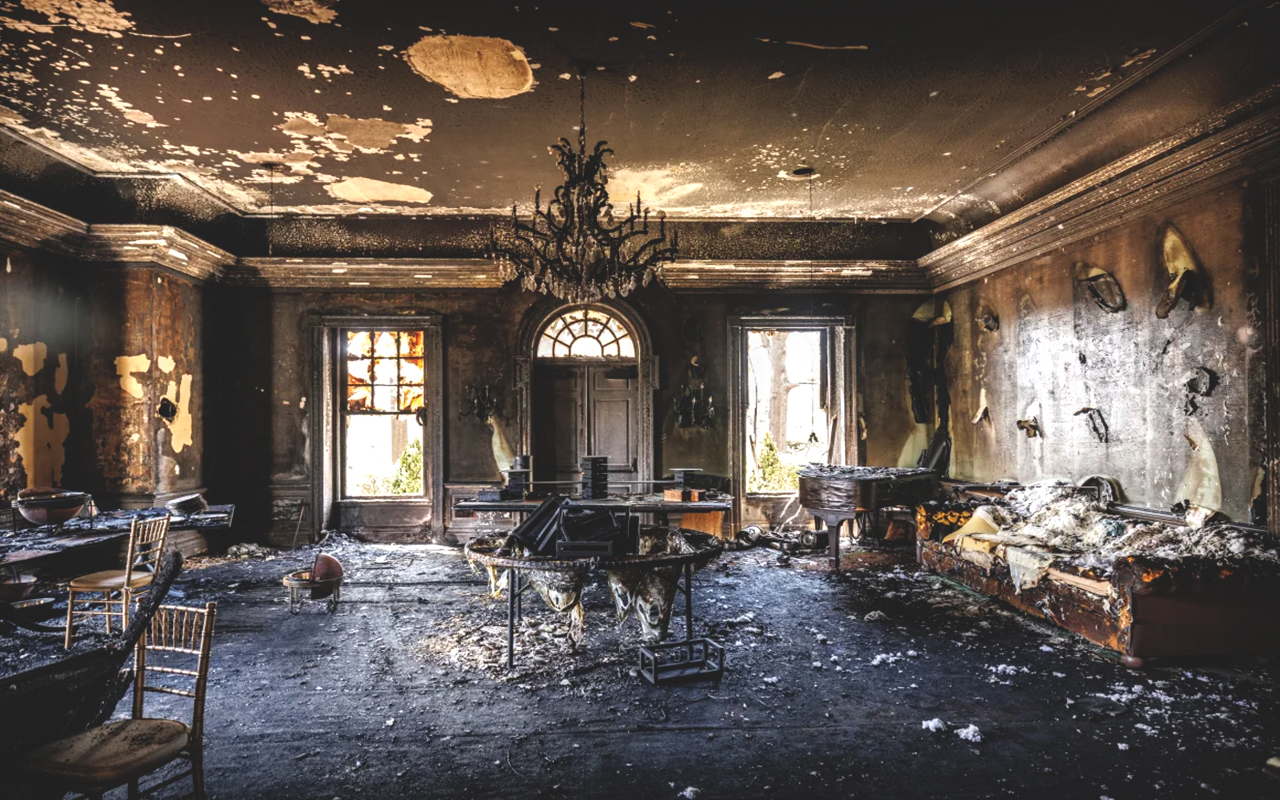
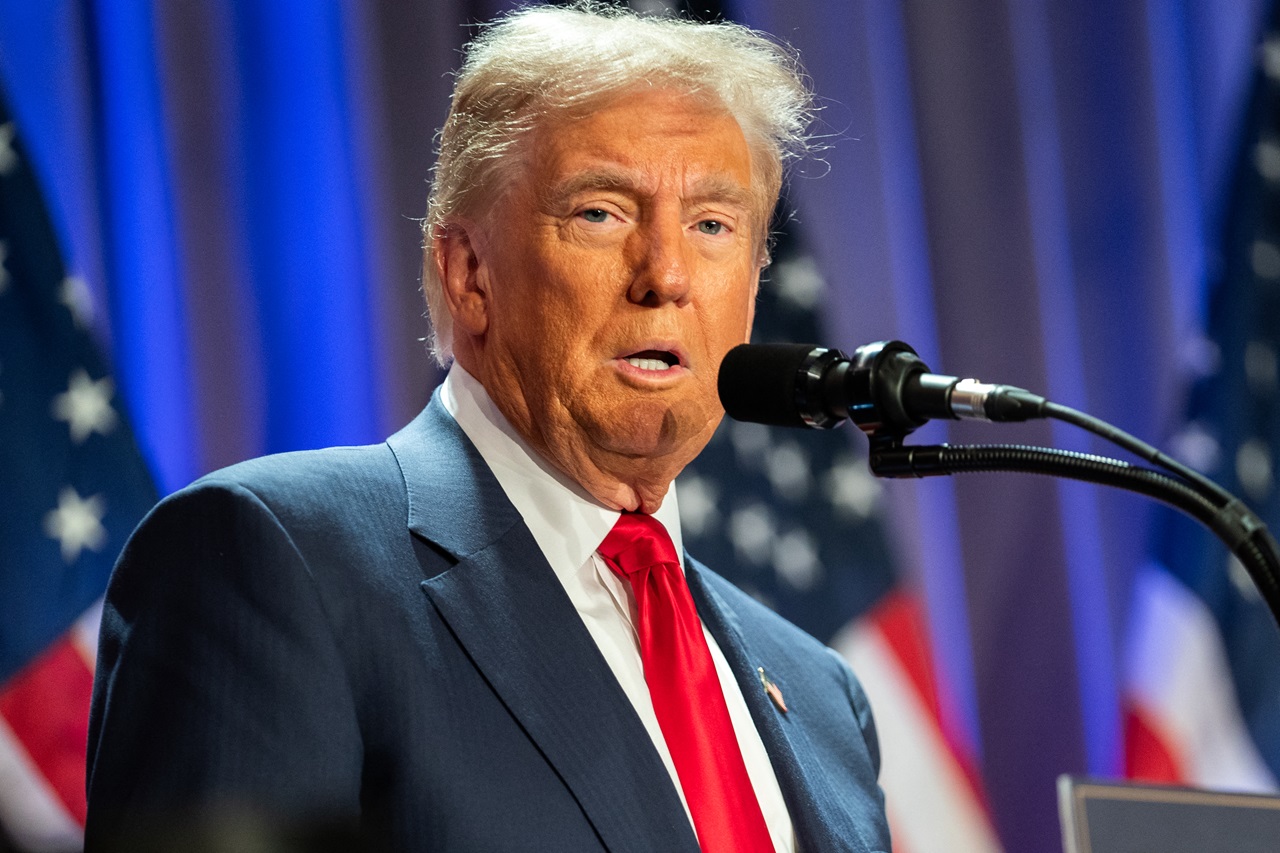
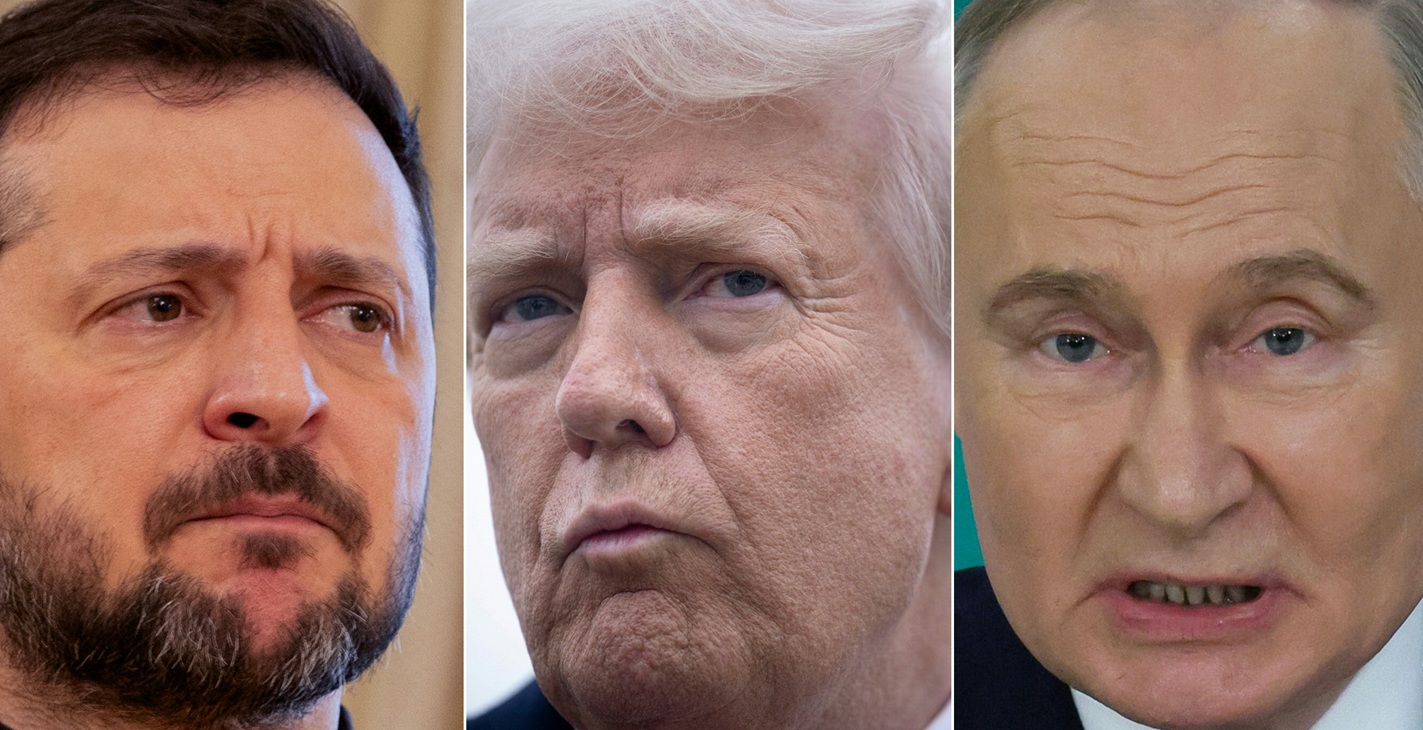

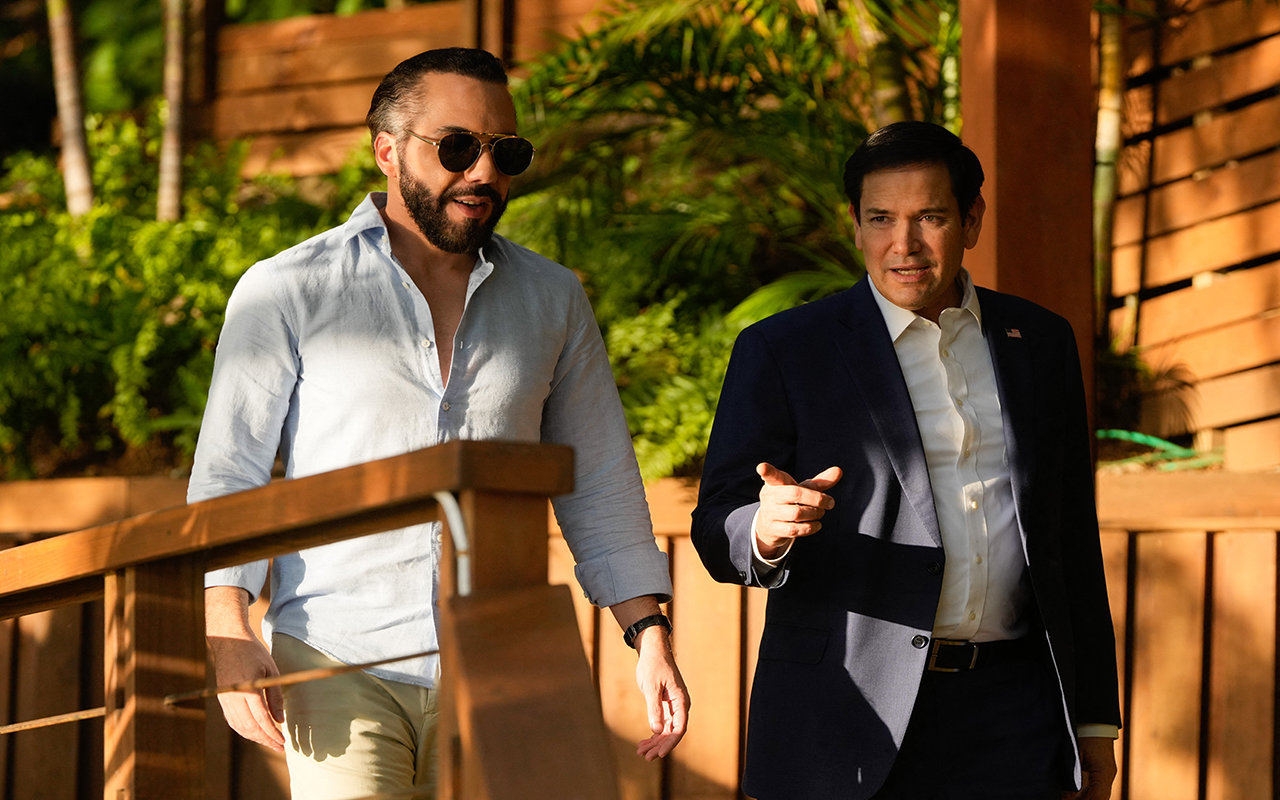


LEAVE A COMMENT: